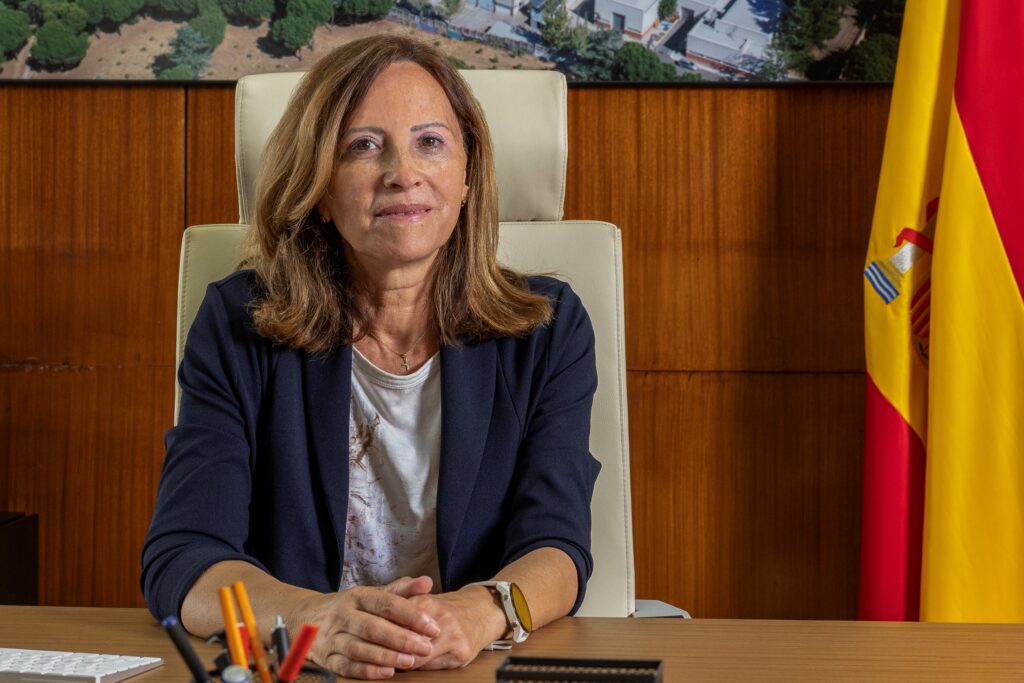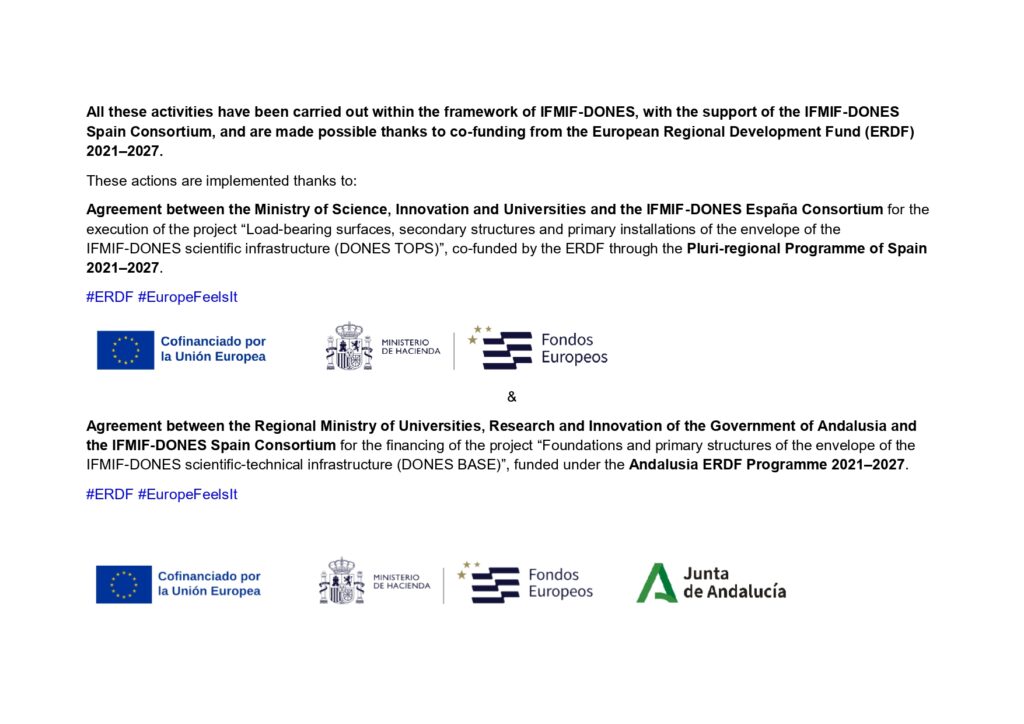‘Women in DONES’ interviews… Yolanda Benito
Posted on |

The CIEMAT is a Spanish public research organisation focused on energy and environmental studies, under the Ministry of Science, Innovation and Universities. Today’s interview features Yolanda Benito, an expert in climate change who has been part of CIEMAT since 1989 and was appointed its Director General in 2022, a clear example of professional success and perseverance.
QUESTION (Q): How did you become Director General of CIEMAT?
ANSWER (A): The position of Director General is the result of a professional career devoted to research and the management of science and technology in the fields of energy and the environment. And, of course, of the trust placed in me by the leadership of the Ministry of Science, Innovation and Universities. I hope I am living up to their expectations.
Q: What education and professional background did you follow?
A: I hold a PhD in Chemistry from the Autonomous University of Madrid (UAM) and a Master’s in Leadership and Public Management from the Menéndez Pelayo International University (UIMP).
At UAM, I began my professional career as part of a research team closely involved with industrial projects. I later worked at the Spanish Geological and Mining Institute (IGME), conducting laboratory research on natural resource management.
Subsequently, I joined CIEMAT to lead a group of projects related to energy and the environment — my first contact with the world of energy in all its forms of production.
Later, I worked at the then Ministry of Research and Innovation, where I was responsible for public–private collaboration in the field of sustainability — an exciting stage that allowed me to gain a broad perspective on science and technology.
I returned to CIEMAT as Director of the Environment Department, where I coordinated the centre’s environmental activities and worked with many stakeholders.
For the past three years, I have led CIEMAT with great enthusiasm, supported by an outstanding team of researchers, technicians, and administrative staff who are deeply committed to their work.
Q: Have you faced any difficulties or obstacles because you are a woman? If so, do you think the situation has improved?
A: Looking back, I can recall some difficulties and situations that probably would not have occurred if I weren’t a woman. However, I believe society has evolved considerably, and while it remains a demanding career for everyone, it is now somewhat less so for women.
Q: Should further measures be taken?
A: Honestly, I believe significant progress has been made in recent years. More equitable processes have been implemented to access scientific careers and recognition. However, some biases still persist, so it is essential to continue taking measures and reinforcing existing ones.
Q: How would you define the collaborative process that led to the advancement of IFMIF-DONES?
A: It has been a highly effective collaborative process, built on Spain’s strong scientific leadership in this field. National organisations and institutions have successfully aligned around a common goal: to establish a world-class scientific facility that positions Spain among the leaders in fusion technologies.
